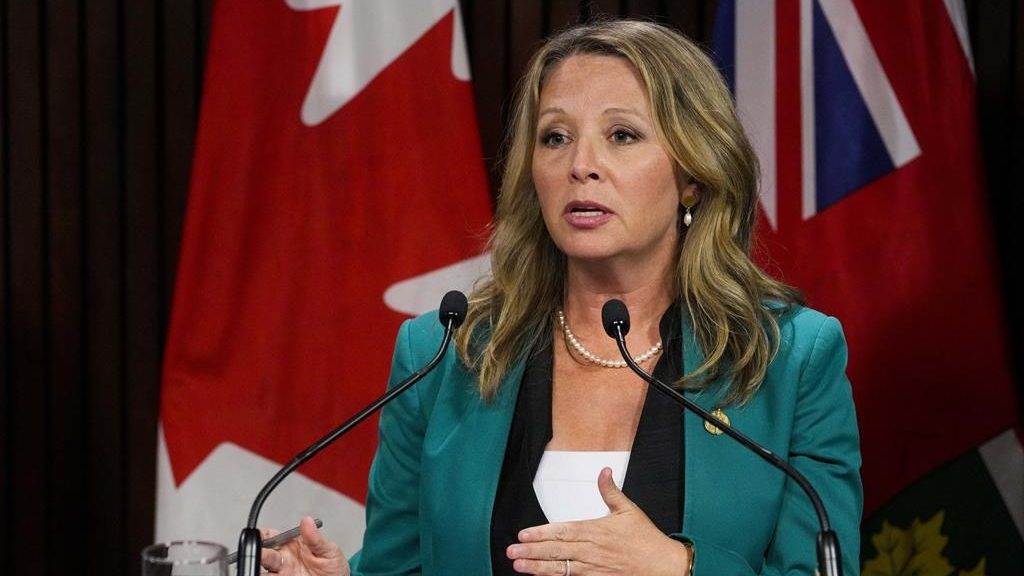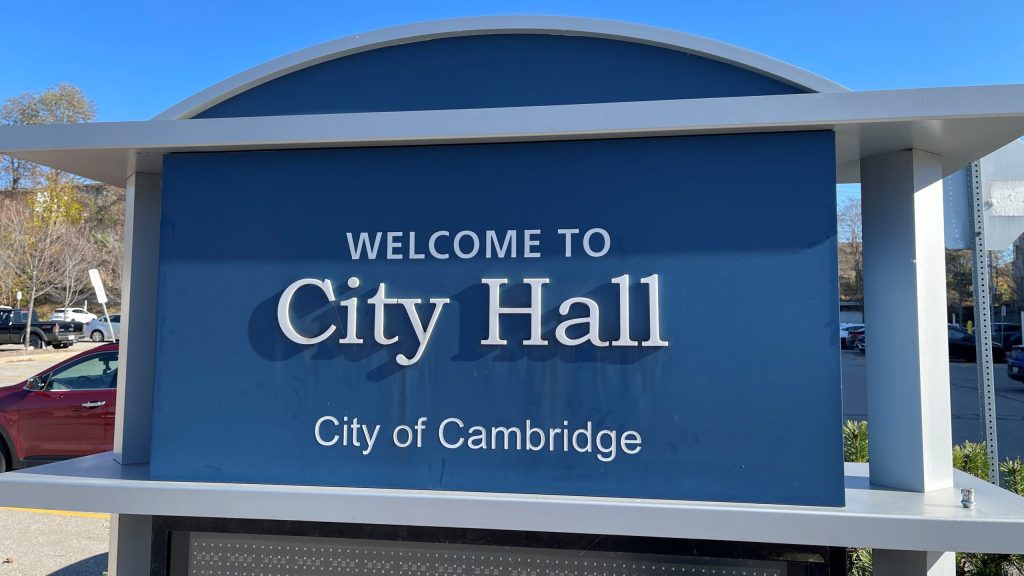By: Mike Blanchfield, The Canadian Press
The federal leaders engaged in some heavy crossfire Tuesday with clashing visions of how to balance the country’s books and grow the economy taking shape on the campaign trial.
Daylight emerged between NDP Leader Tom Mulcair and Liberal Leader Justin Trudeau in their respective approaches to deficits and growth. Stephen Harper simply derided the two “other guys” as promoting destructive policies that would hurt the economy if they ever replaced him as prime minister.
The focus on the economy intensified as the TSX/S&P composite index ended the session up 98.19 points at 13,339.76, after falling more than 420 points on Monday. The big drop was linked to declining growth in China.
Mulcair staked out clear ground when he said in Hamilton, Ont., that he won’t need to run a deficit to finance his promises and will bring in a balanced budget next year.
“We’re of course going to finish the fiscal year on Mr. Harper’s watch – 2015-16 is his budget – but our first budget will be a balanced budget.”
Mulcair has not yet released the full costing of his platform, which includes a plan to create one million $15-a-day child care spaces. He said he could find savings by doing away with the Conservatives’ income-splitting plan while raising taxes on large corporations.
Trudeau said he wasn’t ready to commit to a no-deficit budget because more needed to be done to stimulate growth and help the middle class.
“We are focused on growing the economy and getting back into balance, but like I say, how long that will take will depend very much on Mr. Harper and the mess he’s left us behind, along with the global situation.”
Trudeau bristled against Harper’s fondness for austerity, saying now was not the time to “remove millions and billions of dollars from the Canadian economy.”
And he also accused Mulcair of choosing “austerity and cuts” over jobs and growth at a Tuesday evening rally in Brampton.
Harper maintained that his government’s strategy – a balanced budget, low taxes and affordable investments – is right for current challenges facing the global economy.
“You do not — as any financial planner will tell you whether it’s from the prime minister on down – you do not run around and change your plans based on daily market news. You have a long-term plan and you stick to it.”
Harper clashed with former Liberal prime minister Paul Martin, who was the marquee attraction at Trudeau’s unveiling of his economic team at an event in Toronto.
Martin, who helped tame the federal deficit during his time as finance minister, touted his track record: eight budget surpluses, cutting government debt and reducing Canada’s debt ratio to one of the lowest in the G7.
He also attacked Harper’s laissez-faire approach, saying “the central government’s role is not to be an idle observer of the passing scene” when economic trouble looms on the horizon.
Harper may have vanquished Martin back in 2006 to win power, but he was mindful of the former finance minister’s re-emergence.
Harper said that, “during the ’90s, when the world economy had a better performance than now, the Liberals lost control of the deficit,” and balanced the budget by raising income taxes and cutting provincial transfers.
Mulcair also took a swipe at Martin, portraying him as a kindred spirit of Harper’s by saying both men had given billions in tax cuts to big business.
On Monday, Mulcair took issue with Harper’s phone call to Stephen Poloz, the governor of the Bank of Canada, which was trumpeted in a news release from the prime minister’s office.
He said it was a sign that Harper’s economic plan isn’t working.
Harper turned that back on his opponent Tuesday, saying it is his job to watch the economy and if his opponents have a problem with that, they shouldn’t be running to replace him as prime minister.










